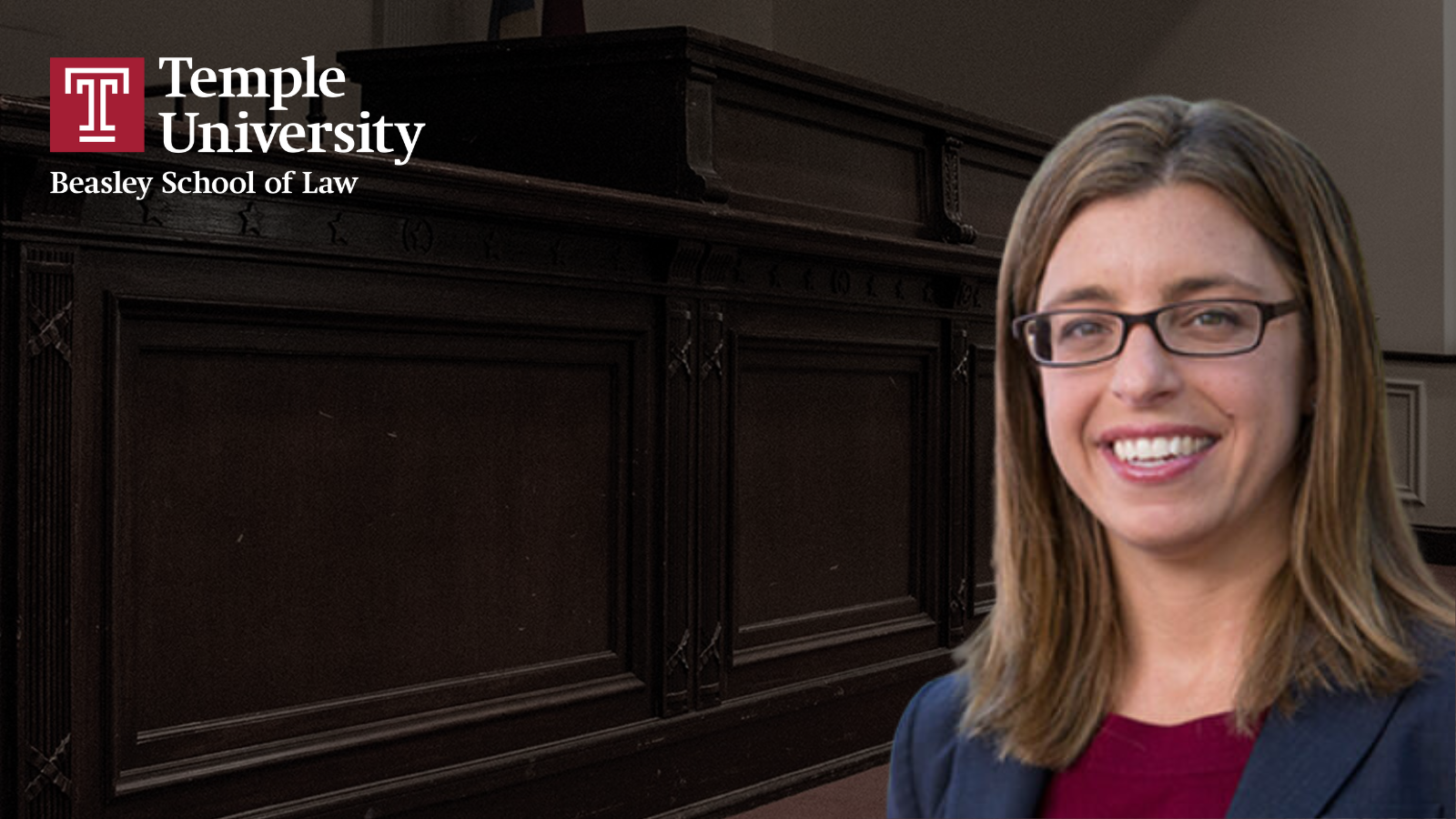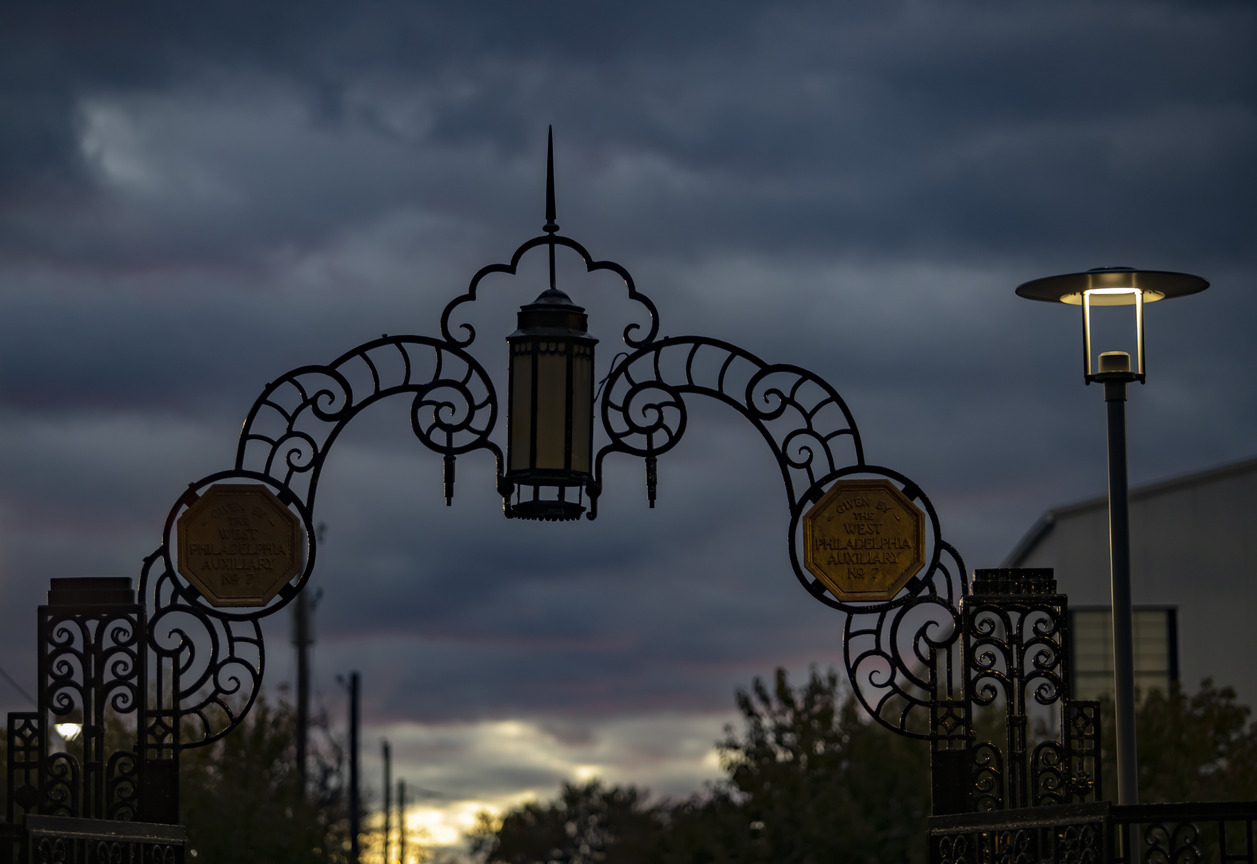Trump, Biden, and the Fake Cry of Selective Prosecution
The report announcing that no criminal charges would be brought against Joseph Biden for mishandling classified materials brought an unsurprising response from Donald Trump – that this was “selective prosecution.” As he stated in a speech to the NRA, “It was just announced that Joe Biden’s Department of Injustice will bring zero charges against crooked Joe despite the fact he willfully retained undisclosed droves of ultra-classified national security documents.” Trump added “if he’s not going to be charged, that’s up to them, but then I should not be charged.” And this claim has now been made in court papers, as Trump’s lawyers in the documents case filed a new pleading calling it a case that should have never been brought and must ultimately be dismissed on the basis of, inter alia, selective and vindictive prosecution. Yesterday, the U.S. Department of Justice released a report issued by Special Counsel Robert Hur, finding that President Biden has “willfully retained and disclosed classified materials after his vice presidency when he was a private citizen,” over the course of …











